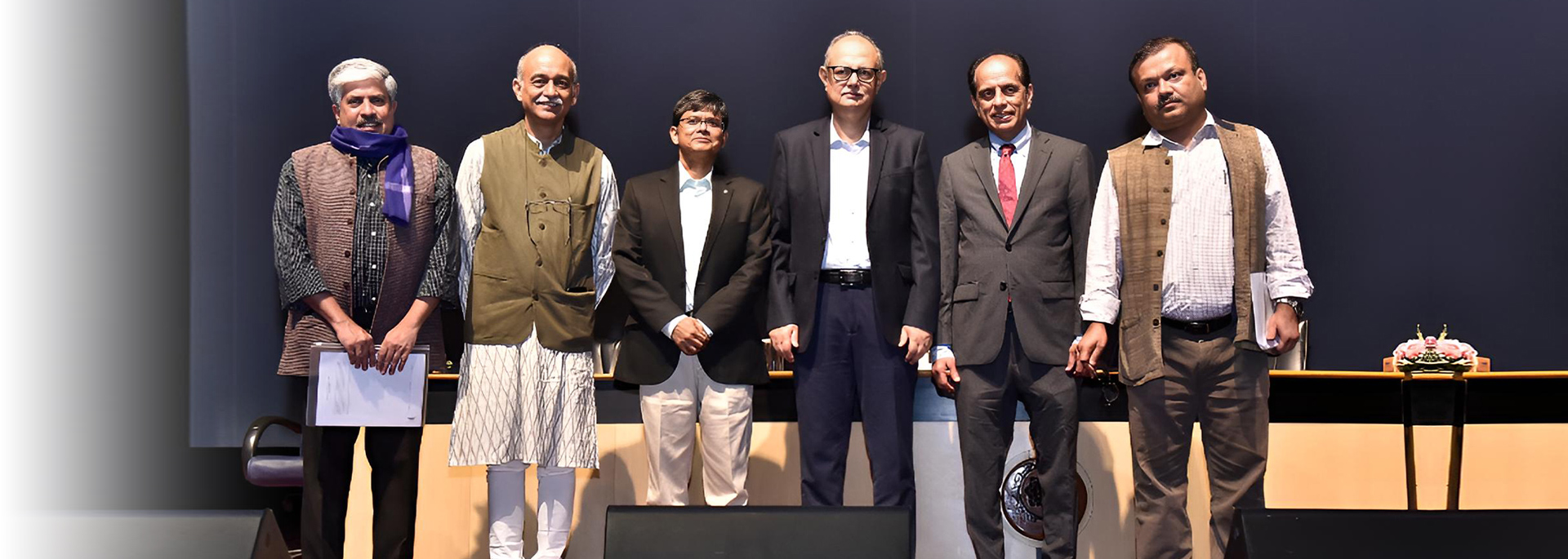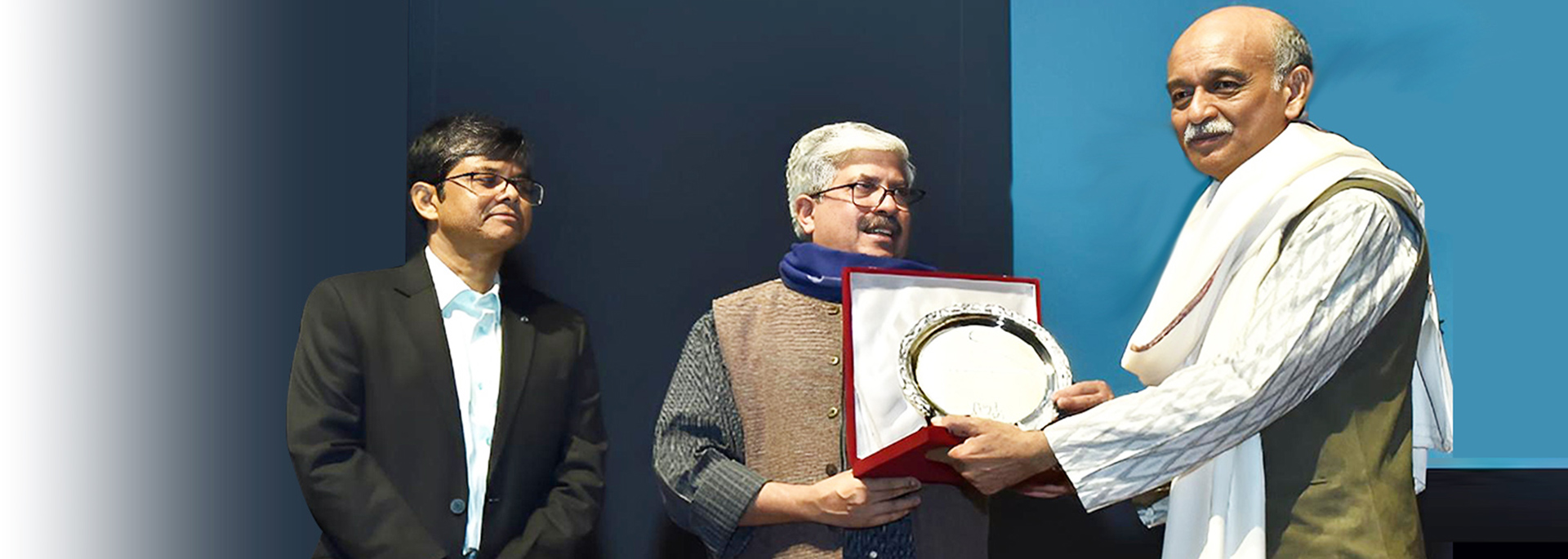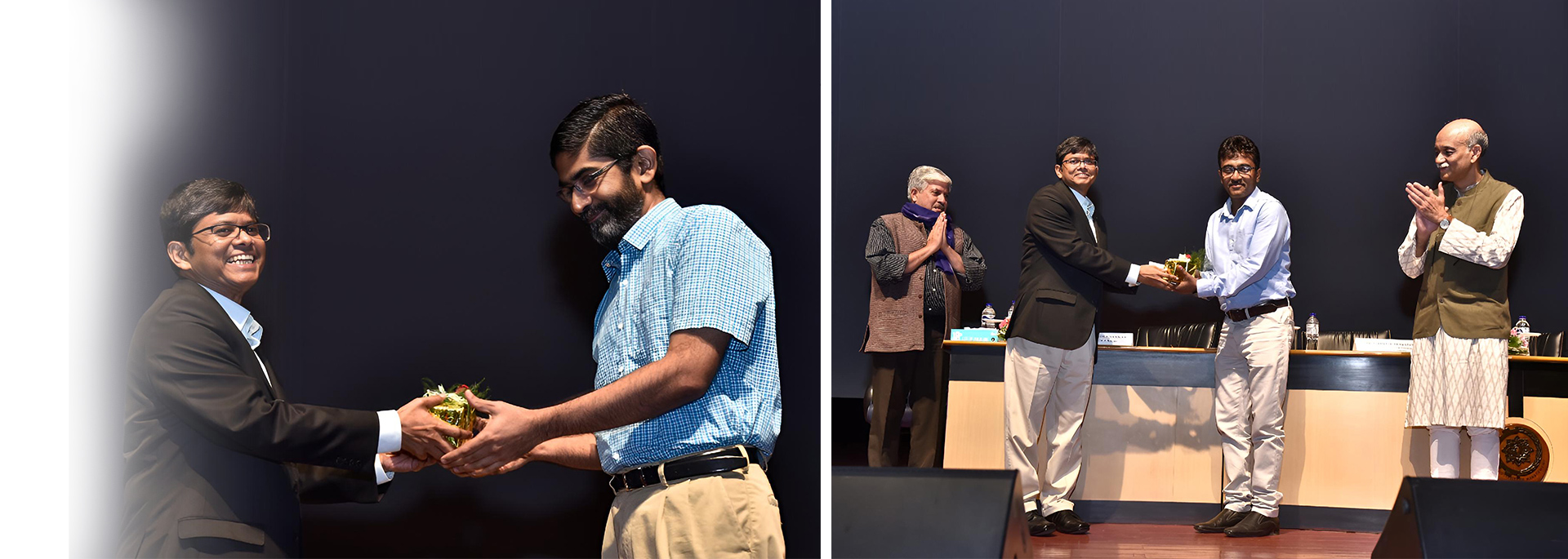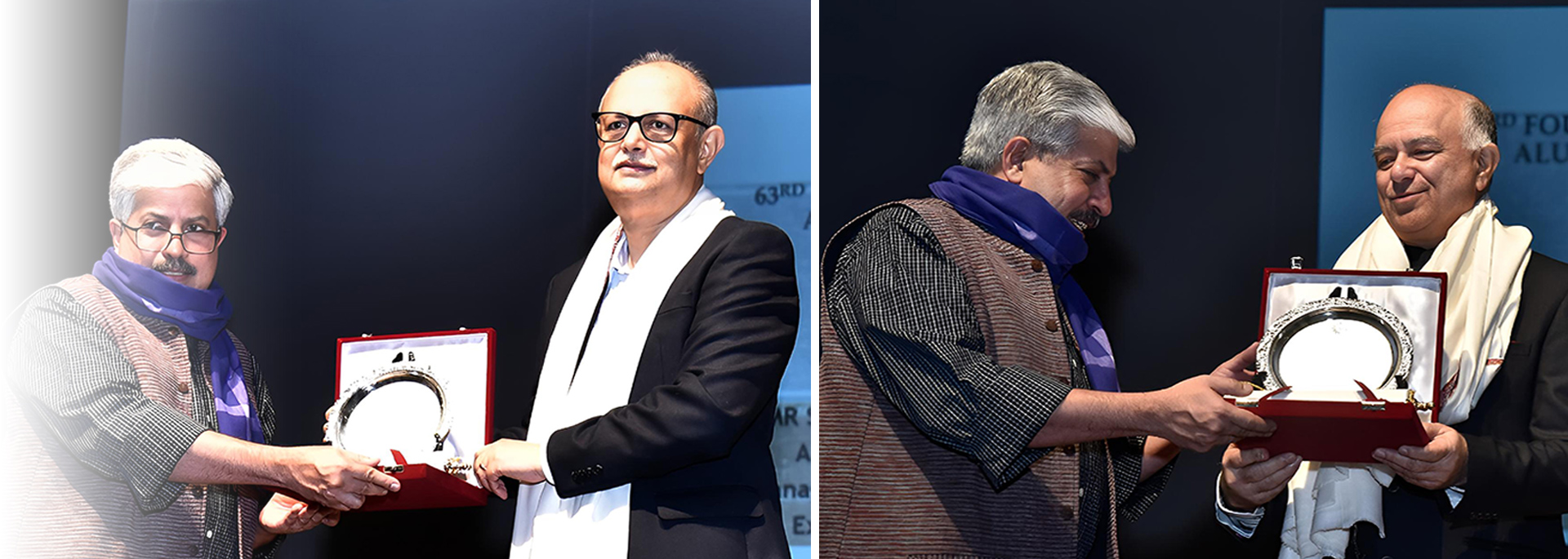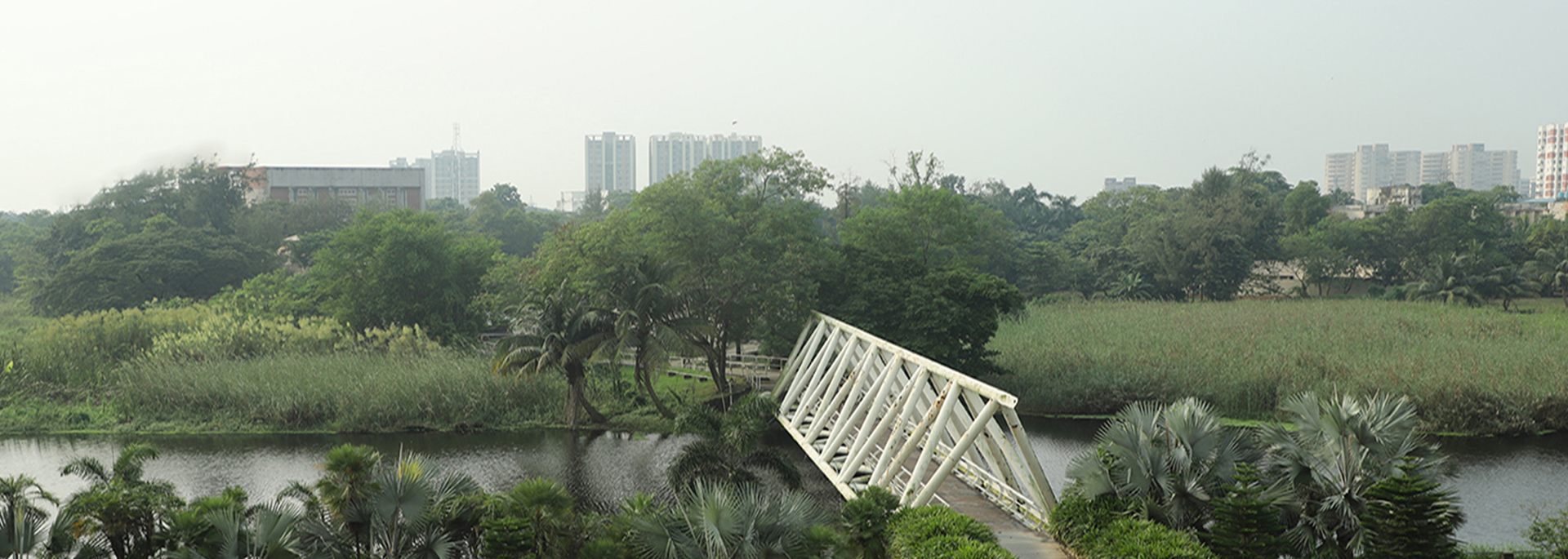Coming Soon. These are older projects.
A. Projects Developed for Funding
- A Full-Fledged Research Project Proposal entitled "A Study on the Impact of Trade Liberalization on Environment in India" has been developed.
- A project proposal entitled "Economic Valuation of Health Impacts of Air Pollution in Urban West Bengal" has been developed.
- A proposal entitled "Review of the Status of Air Pollution in India and Its Impact on Health of Lower Income Groups" has been also developed.
B. Projects Continuing
- The Board of the international collaborative 'Millennium Ecosystems Assessment' had selected Prof. Jayanta Bandyopadhyay to be one of the Coordinating Lead Authors (CLA) for the project. The Millennium Ecosystems Assessment is a global project extended over 4 years and undertaken by the UN, The World Bank and a large number of other donor organisations. It is intended for generating scientific knowledge and capacity building for informed decision making at the national, regional and global scales.
- Shama Perveen, Junior Research Fellow at the CDEP, was requested by AQL Systems and Consultants to be a member of the consulting team to undertake preparatory exercise for compliance with ISO14001 standard at ALCOA-ACC. The organisation located at the Falta Industrial Complex near Kolkata is engaged in processing Alumina and desires to receive ISO14000 certification for their process and product system.
Projects Completed
- Economic Analysis of Environmental Problems in Textile Dyeing Units: A Case Study of Ranaghat, West Bengal. The above-mentioned study was undertaken as a summer project by Sruti Bandyopadhyay, Postgraduate student, Centre for Studies of Diplomacy International law and Economics, School of International Studies, Jawaharlal Nehru University, New Delhi. With Kakali Mukhopadhyay, a Post Doctoral Research Fellow at CDEP as her supervisor, the above-mentioned project was undertaken to conduct an economic analysis of the dye and dye intermediaries industry with specific reference to its inherent environmental problems. Given the dynamic nature of the dyestuff industry in India and its tremendous potential, the study aimed towards suggesting some effective policies for mitigation.
- A study on Biomass Gasification Based Power Plant in Chottomollakhali Island of Sunderban, West Bengal: With K. Mukhopadhayay, post doctoral research fellow as the principal investigator and M. Mandal, junior research fellow as the research staff from CDEP for the project, the prime objective of the study was to ascertain the socio-economic impact of the biomass gasification based power plant in Chottomollakhali island of Sunderban set up by West Bengal Renewable Energy Development Authority (WBREDA) under the auspices of the Ministry of Non-Conventional Energy Sources (MNES), GoI. Using the methodology of Cost Benefit Approach and Willingness to Pay the field survey data was analysed for different criteria to assess the viability of the said project.
- Trade and Environment: A study of the functioning of ecolabelling in 6 countries spread over various continents has been completed. This work had been undertaken with the collaboration of Prof. B. B. Chakraborti of the Finance and Control Group at IIM Calcutta. The report is being published as an Occasional Paper.
- An Economic Appraisal of Urban Soild Waste Management: A Study of Calcutta Municipal Corporation
Abstract: This study was carried out as a summer project by Souvik Battacharjya, M A student, Centre for Studies in Diplomacy, International Law and Economics, School of International Studies, Jawaharlal Nehru University, New Delhi. The project was carried out under the guidence of C. S. Shylajan, PDRF. The broad objective of the study was to make an economic appraisal of the present mechanism of managing solid waste in Calcutta Municipal Corporation. The research project was based on both time series data collected from Municipal Corporation and primary data collected through a Rapid Appraisal Survey (RAS) conducted in the village nearby the urban solid waste-dumping site. The present mechanism for solid waste management in Calcutta suffers from economic, institutional and other constraints, which impede the efficient and cost effective management of urban solid waste. The study suggets many policy recommendations for sustainable management of urban waste in Calcutta


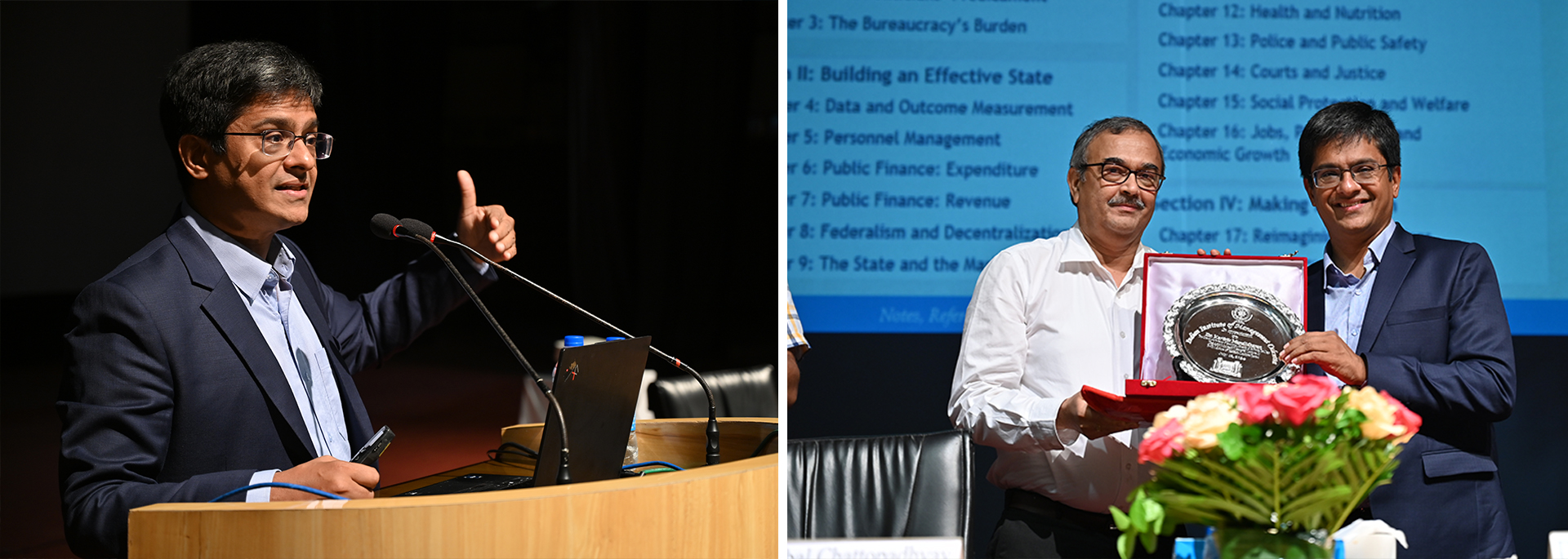
.png)
